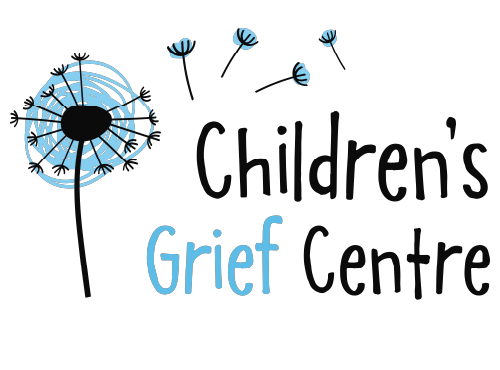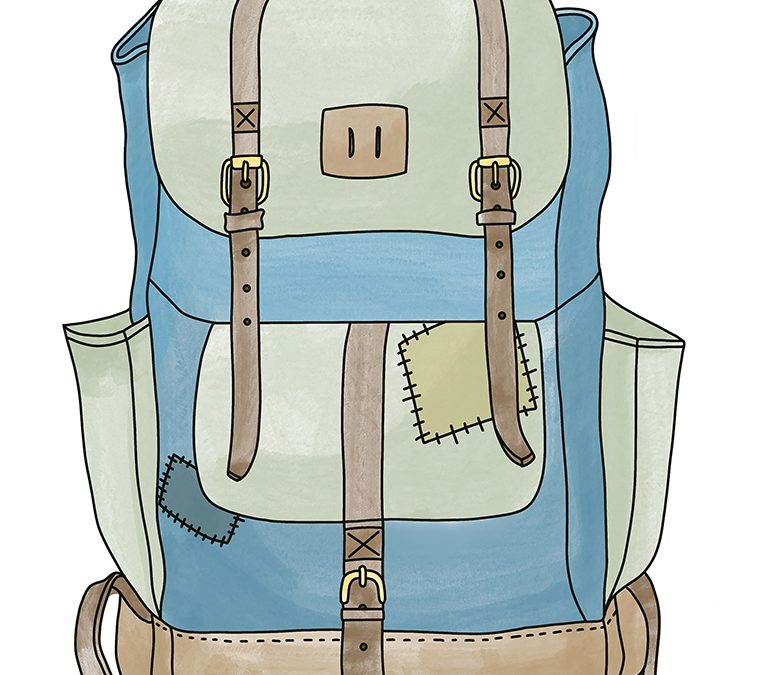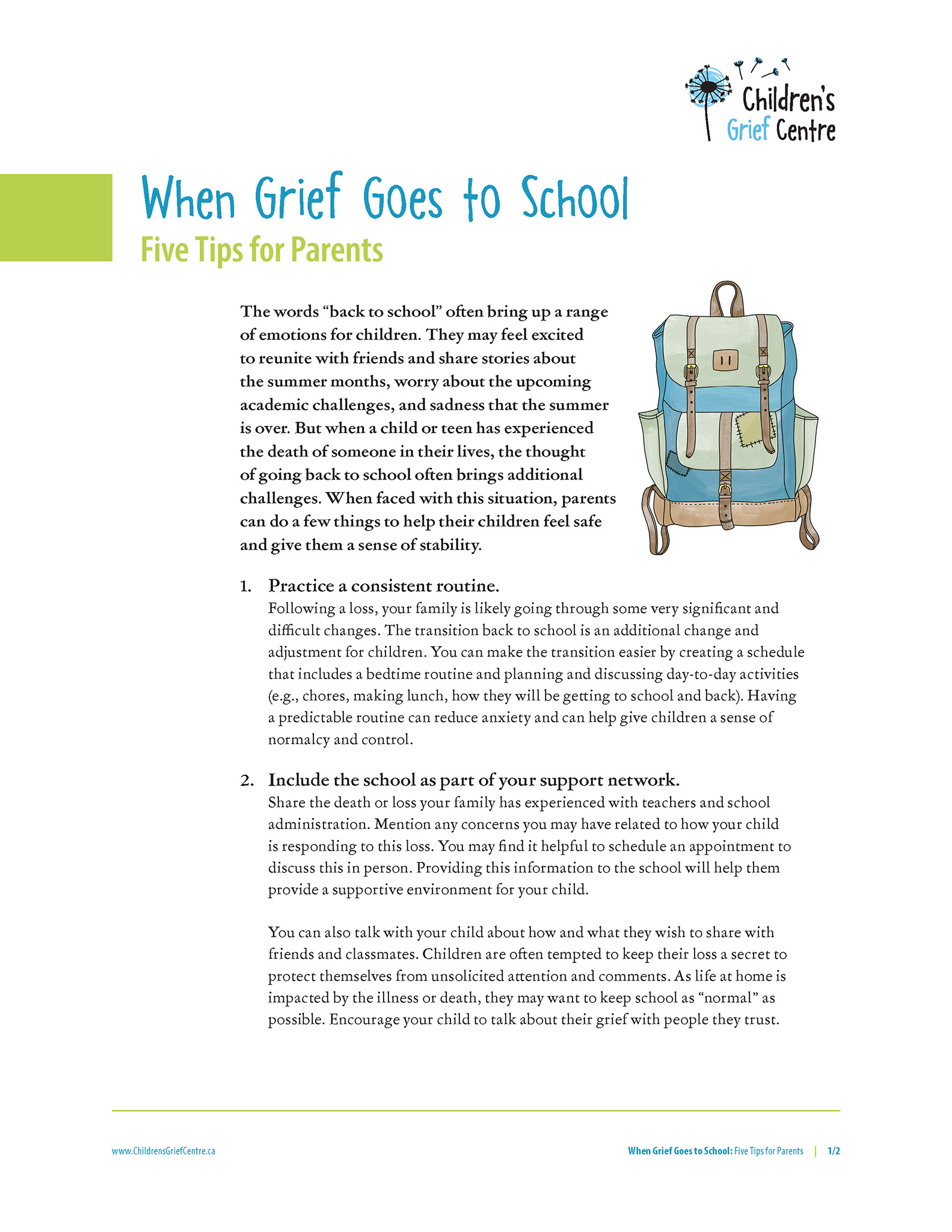When Grief Goes to School
Five Tips for Parents
The words “back to school” often bring up a range of emotions for children. They may feel excited to reunite with friends and share stories about the summer months, worry about the upcoming academic challenges, and sadness that the summer is over. But when a child or teen has experienced the death of someone in their lives, the thought of going back to school often brings additional challenges. When faced with this situation, parents can do a few things to help their children feel safe and give them a sense of stability.
- Practice a consistent routine. Following a loss, your family is likely going through some very significant and difficult changes. The transition back to school is an additional change and adjustment for children. You can make the transition easier by creating a schedule that includes a bedtime routine and planning and discussing day-to-day activities (e.g., chores, making lunch, how they will be getting to school and back). Having a predictable routine can reduce anxiety and can help give children a sense of normalcy and control.
- Include the school as part of your support network. Share the death or loss your family has experienced with teachers and school administration. Mention any concerns you may have related to how your child is responding to this loss. You may find it helpful to schedule an appointment to discuss this in person. Providing this information to the school will help them provide a supportive environment for your child. You can also talk with your child about how and what they wish to share with friends and classmates. Children are often tempted to keep their loss a secret to protect themselves from unsolicited attention and comments. As life at home is impacted by the illness or death, they may want to keep school as “normal” as possible. Encourage your child to talk about their grief with people they trust.
- Understand the impact that grief can have on children. Grief impacts multiple areas of functioning, including social, emotional, cognitive, spiritual, and physical. There is no set timeline for the grieving process. Grief is as unique as the person experiencing it, and there can be many ups and downs. It is not uncommon for children’s academic performance to be impacted due to decreased concentration and focus. Reassure your child that these changes are normal and temporary. The school can help by making adjustments and accommodations for your child (e.g., providing quieter space for tests, giving them more time to complete an assignment, or offering a verbal test instead of a written one).
- Make a plan for school should they feel overwhelmed. With input from your child and the school, decide on a point person or a safe place for your child to go when they need support. Discuss with your school any signs that your child is struggling and coping strategies that you and your child have found helpful. Good communication will create a better and more responsive support team for your child.
- Take care of yourself. Remember that you are also experiencing your own grief. One of the biggest ways you can help your child adjust to going back to school is by modelling how to express and cope with change and loss. Make sure that you are getting your own support and are being patient with yourself.

For more information, a consultation, or to seek support for your child, teen, and family, contact us at 403-263-4525 or info@childrensgriefcentre.ca.




